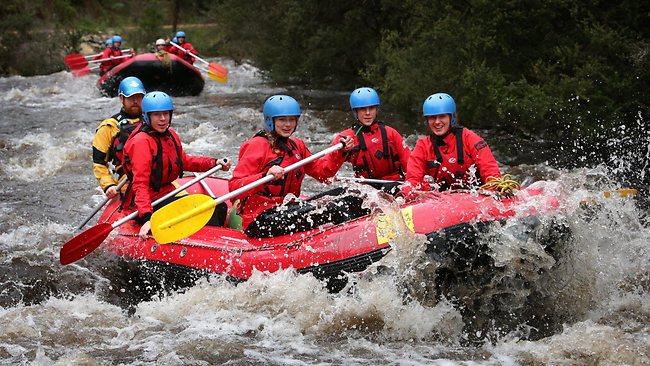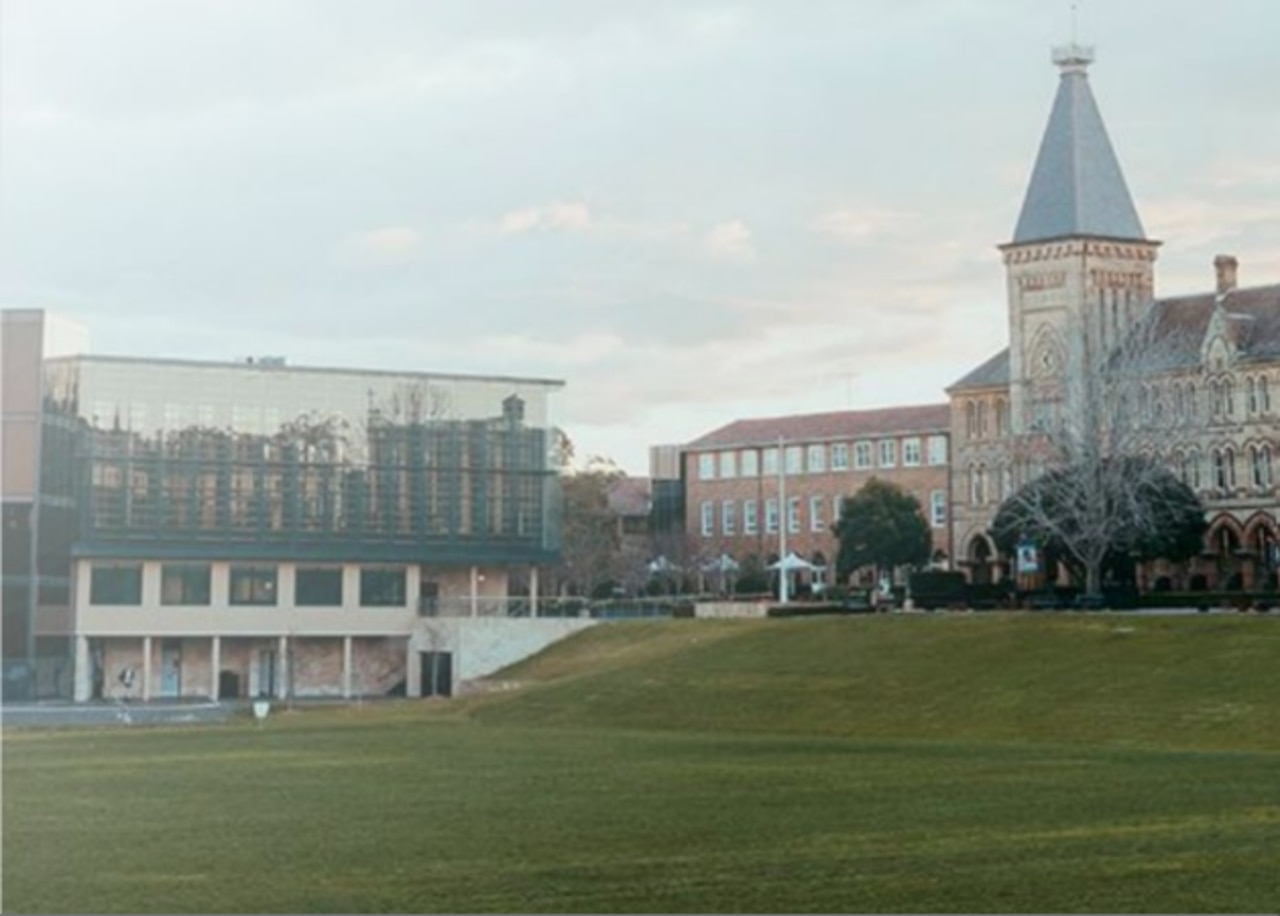Schools shy away from risk, limiting uptake of outdoor education
SCHOOLS are cutting back on outdoor adventure for students when research is emerging on the benefits of experiential education.

SCHOOLS are cutting back on outdoor adventure for students at a time when research is emerging on the benefits of experiential education for student development and behaviour management.
A risk-averse culture and cost cutting are being blamed for limiting the uptake of outdoor education among schools as experts reveal that activities including treks from Mount Kosciuszko to the mouth of the Snowy River, snow trips, rafting, and hiking on week-long adventures are delivering enormous results for students.
Early figures from a five-year study on outdoor education, such as Outward Bound-style adventure camps, show that more than 80 per cent of teachers and other adults involved believe most or all young people experience personal and social development.
In the latest in a series of reports in The Australian looking at behaviour inside our classrooms, the findings add weight to calls for outdoor education to receive separate inclusion in the new national curriculum, instead of being bundled into a proposed health and physical education discipline.
The Murdoch Children's Research Institute's Ian Williams, who is leading the study, said data from the US comparing outdoor education with regular sports suggested the former was far safer but many schools were still holding back.
Australian Council for Health, Physical Education and Recreation national executive director Jeff Emmel said cost and liability were the main barriers for schools.
"When you hear the odd horror story of kids or teachers being injured or killed in what you might call risk-adventure pursuits, schools say 'We're not doing that, we'll be conservative'," Mr Emmel said. "I think it's scared some teachers; it's scared some school principals and school councils."
Fatal incidents at school camps in recent years have included the drowning of a 12-year-old Melbourne boy in 2010, the death of a 16-year-old Sydney girl in 2005 after a tree fell on her tent, and the anaphylactic death of a 13-year-old Melbourne boy on cadet camp in 2007.
State education departments do not keep figures on how many government schools use outdoor education programs, but those in the industry suggest independent schools find it easier to take up.
Tony Pamma, chief executive of camp provider Outdoor Education Group, said a lack of initiative within the bureaucracy was holding back public schools from pursuing outdoor exploits.
"I believe they do have the resources but they don't want to use them," he said. "I find the government schools are incredibly caught up in 'is it in the curriculum'. The independent schools are more caught up in 'let's develop the whole kid'."
Simon Gipson, head of school at Melbourne's St Michael's Grammar, said experiential education had been neglected from the national curriculum because of the expense and an increasingly risk-averse culture.
"Arguably the learnings that arise out of it are equal to if not superior (to the classroom) but they're not measurable in the same way you might measure something in a NAPLAN test," he said. "We witness at times quite significant growth in kids, even in a week's program."
La Trobe University education lecturer and director of Australia's peak outdoor education group Brendon Munge said outdoor education could cause a dramatic shift in student attitudes if properly implemented.


